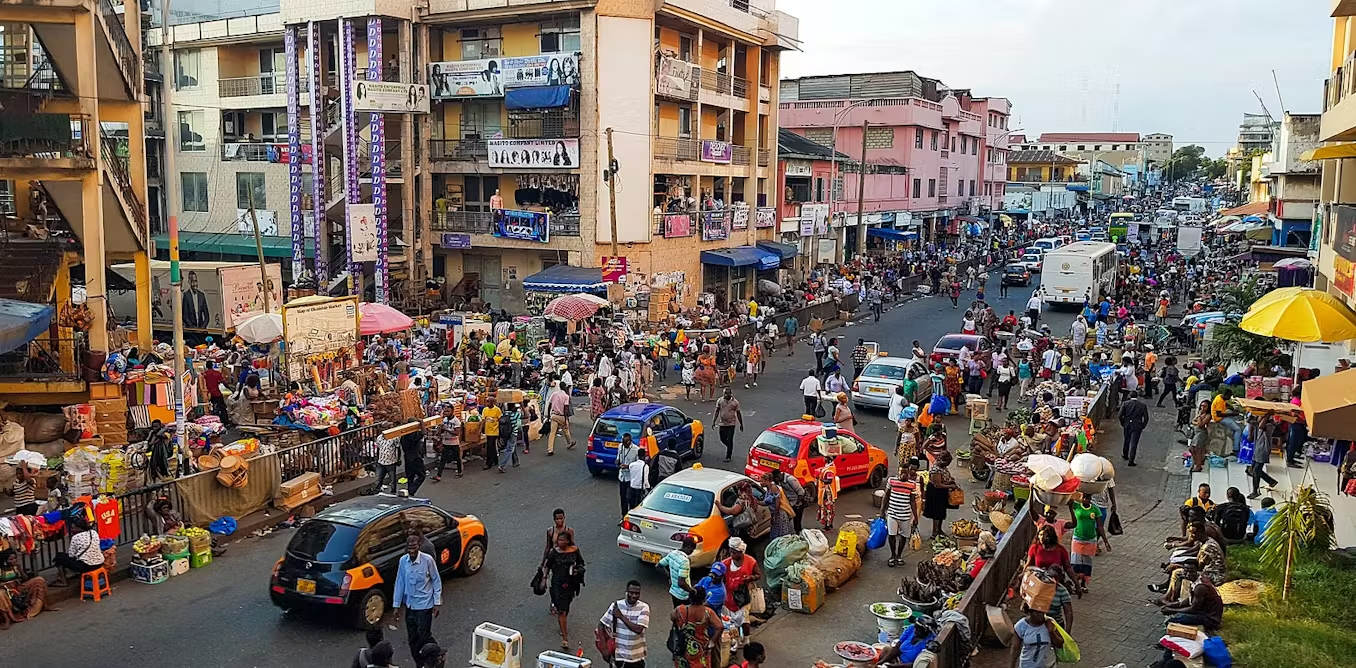adverts
Professional services firm Deloitte has issued a cautionary note to the governments of Ghana and Nigeria, highlighting significant economic challenges that could hinder growth in 2025.
These challenges include high inflation, mounting debt, currency depreciation, and a tight monetary policy environment. Deloitte emphasised the need for both nations to address these issues proactively to ensure sustainable long-term growth.
In its Global Economic Outlook – January 2025, Deloitte observed that economic expansion in West Africa has been constrained by the rising cost of goods and services. This has resulted in higher interest rates as monetary authorities attempt to curb inflation.
adverts
“Nigeria and Ghana have also been grappling with currency volatility, which has severely affected their capacity to import essential raw materials and equipment needed to drive production. In the first half of 2024, the Nigerian naira depreciated by over 40%, while the Ghanaian cedi lost more than 20% of its value against the US dollar,” the report noted.
Despite these economic hurdles, Deloitte maintained a relatively positive outlook for Ghana’s economy in the short to medium term.
“Compared to Nigeria, Ghana appears to have stronger growth prospects. Its economy expanded by 4.7% year-on-year in the first quarter of 2024, largely fueled by a robust 6.8% year-on-year growth in the industrial sector.”
The report further indicated that Ghana’s agriculture and services sectors recorded moderate growth rates of 4.1% and 3.3% year-on-year, respectively, in 2024.
Additionally, Ghana is gradually recovering from its debt-induced crisis, with the government restructuring its US$30 billion debt. Monetary policy interventions by the Bank of Ghana have also played a role in easing inflationary pressures.
Deloitte’s report suggested that ongoing government reforms and debt-restructuring initiatives in Ghana are beginning to yield positive results, boosting productivity and overall economic output. A more stable domestic currency is expected to contribute to the projected recovery in both Ghana and Nigeria.
“Ghana is projected to record a faster pace of growth at 5.1% in 2025 and 5.3% in 2026. Overall, macroeconomic stability is expected to be gradually restored over the forecast period of 2025 to 2026 as these economic challenges moderate.”
However, the issue of rising debt remains a significant concern for West Africa. Ghana recently received its fourth disbursement tranche of US$360 million from the International Monetary Fund (IMF) in the last quarter of 2024, bringing total disbursements under the Extended Credit Facility to US$1.92 billion.
“We expect the Ghanaian government to continue its fiscal consolidation efforts between 2025 and 2026. This will be supported by revenue generation reforms that could include raising existing taxes or tariffs and introducing new levies such as a green tax. These measures are forecast to narrow the fiscal deficit as a percentage of GDP from an estimated 4.4% in 2024 to 3.9% in 2025 and 3.6% in 2026,” the report concluded.
As Ghana and Nigeria navigate these economic challenges, Deloitte’s insights serve as a critical reminder of the importance of sound fiscal management, strategic reforms, and proactive policy measures in ensuring economic resilience and long-term growth.
GOT A STORY?
Contact/WhatsApp: +233243201960 or Email: manuelnkansah33@gmail.com


